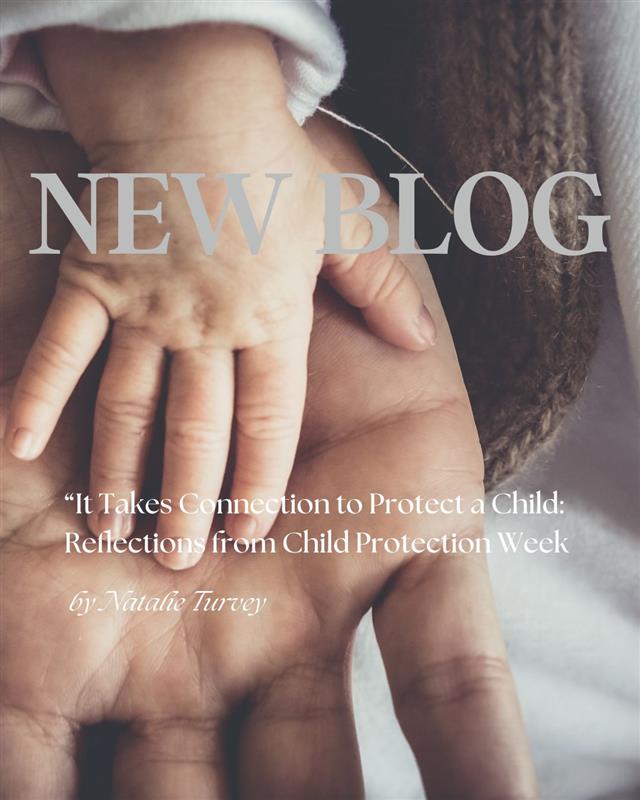I have noticed lately that people are saying “I feel like ……” and then stating a thought or opinion instead of talking about a feeling. For example:
“I feel like people are busier these days”
“I feel like there is evidence for climate change”
These are thoughts or opinions, not feelings. I don’t feel like there could be a problem, I think that there could be a problem. My feelings in relation to this are concern and at times frustration (with my family).
One interesting thing that I have observed is that this is not something that I am hearing in counselling sessions. However I am hearing this a great deal in the media and in conversations.
Why are people framing their thoughts as feelings? Some possibilities are that:
- People are too anxious about other people’s reactions to say what they actually think
- People are not spending time working out what they actually think
- People can avoid hearing what other people think because others cannot disagree with your feelings
- Feelings are replacing thinking – if we feel strongly about something we assume it is accurate rather than assessing a situation thoughtfully to decide what is factual or what we believe
- We are in a societal emotional regression where our anxieties are clouding our thinking to the extent that we are unclear about the difference between thinking and feelings
- This is just a fashion in language that people are repeating.
If you are using this way of speaking are any of these factors playing a part?
What is my concern about this, why do I think this could be a problem?
My understanding is that being able to grow as a person and improve yourself involves being able to:
- be aware of your feelings and acknowledge the important information that they provide
- take your feelings into account when thinking about the issues in your life and relationships and deciding what you believe and what matters to you
- then deciding how you would like to respond based on this careful thinking.
Feelings and automatic emotional reactions have developed as a result of the history of relationships in a family. They provide important information about you, your family history and how you react in relationships.
The ability to distinguish your thoughts from your feelings is an important step in beginning to identify when anxiety spills over into thinking. Anxious thoughts tend to be black and white and have words like no one, definitely, enough, should, and always. They encourage all or nothing thinking and often contribute to feeling stuck and inaction.
Being able to distinguish your thoughts from your feelings is important in order to be able to separate your feelings and thoughts from those around you. This helps you to you challenge that contagious anxiety that spreads between us. This is very helpful in calming down so you can focus on yourself and get things done.
The ability to be clear about the difference between thoughts and feelings is also important in relationships. To develop intimacy with another it is important to be able to share your thoughts and your feelings with each other. To do this you need to be able to distinguish these from one another. The ability to observe and understand your emotional reactions, your thinking and behaviour and how these contribute to patterns in your relationships also relies on an ability to distinguish thoughts from feelings.
I wonder if using this language will in fact have an effect of blurring thinking and feeling and make it more difficult to engage in the process of maturing ourselves and developing our relationships. My suggestion is to consider whether there is a benefit to you of taking up this way of speaking and how this might impact on your efforts to improve your life.


.png)





